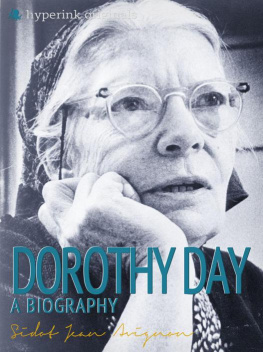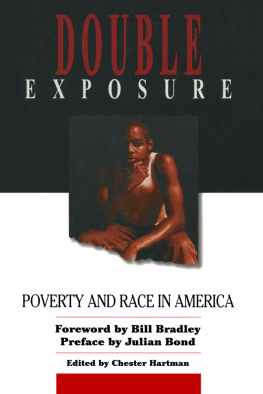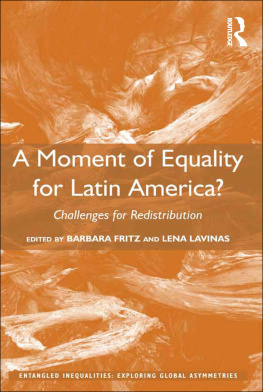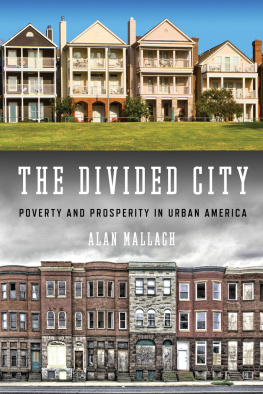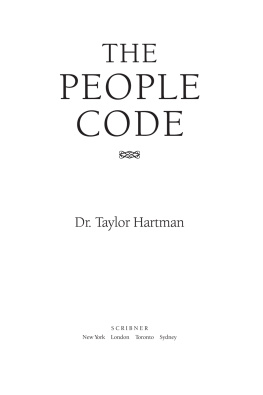First published 2001 by M.E. Sharpe
Published 2015 by Routledge
2 Park Square, Milton Park, Abingdon, Oxon OX14 4RN
711 Third Avenue, New York, NY 10017, USA
Routledge is an imprint of the Taylor & Francis Group, an informa business
Copyright 2001 Taylor & Francis. All rights reserved.
No part of this book may be reprinted or reproduced or utilised in any form or by any electronic, mechanical, or other means, now known or hereafter invented, including photocopying and recording, or in any information storage or retrieval system, without permission in writing from the publishers.
Notices
No responsibility is assumed by the publisher for any injury and/or damage to persons or property as a matter of products liability, negligence or otherwise, or from any use of operation of any methods, products, instructions or ideas contained in the material herein.
Practitioners and researchers must always rely on their own experience and knowledge in evaluating and using any information, methods, compounds, or experiments described herein. In using such information or methods they should be mindful of their own safety and the safety of others, including parties for whom they have a professional responsibility.
Product or corporate names may be trademarks or registered trademarks, and are used only for identification and explanation without intent to infringe.
Library of Congress Cataloging-in-Publication Data
Challenges to equality : poverty and race in America / edited by Chester Hartman
p. cm.
ISBN 0-7656-0726-3 (alk. paper) ISBN 0-7656-0727-1 (pbk. : alk. paper)
1. EqualityUnited States. 2. Social stratificationUnited States. 3. United StatesRace relations. 4. PovertyUnited States. I. Hartman, Chester W.
HN90.S6 C48 2001
305'.0973dc21
00-049249
ISBN 13: 9780765607270 (pbk)
ISBN 13: 9780765607263 (hbk)
Congressman John Lewis
As a college student, I became a part of the movement that Dr. Martin Luther King had inspired in the Montgomery Bus Boycott. We challenged the system of segregation that had dominated the lives of black people since the days of slavery.
I found myself in a community of people who were willing to disobey social custom and defy the law. These people were willing to suffer beatings, go to jail, and give their lives for a higher purpose.
In 1961, we began the Freedom Rides. We rode from Washington, DC to Mississippi. We challenged segregation in interstate travel. We captured the imagination of the nation and effectively opened the doors to public travel facilities for all races.
We had a dream that we could eliminate racism and the division between human beings and build the Beloved Communitya community of peace, justice, and brotherhood, it was a dream whose time had come.
The struggle continues. As a nation and as a people we have made great strides in protecting the rights of each and every American, but we still have more work to do. As long as wages are not fair and livable, as long as families cannot afford decent health care, and as long as our country is still torn and divided by the color of one's skin, there is still much work to do.
It is not fashionable to talk about integration today. Yet, it will take a coming together of all peoplenationally and globallyto address the injustices and inequalities of our nation. We cannot run away from anyone or leave behind anyonenot the poor, not the sick, not the disenfranchised.



